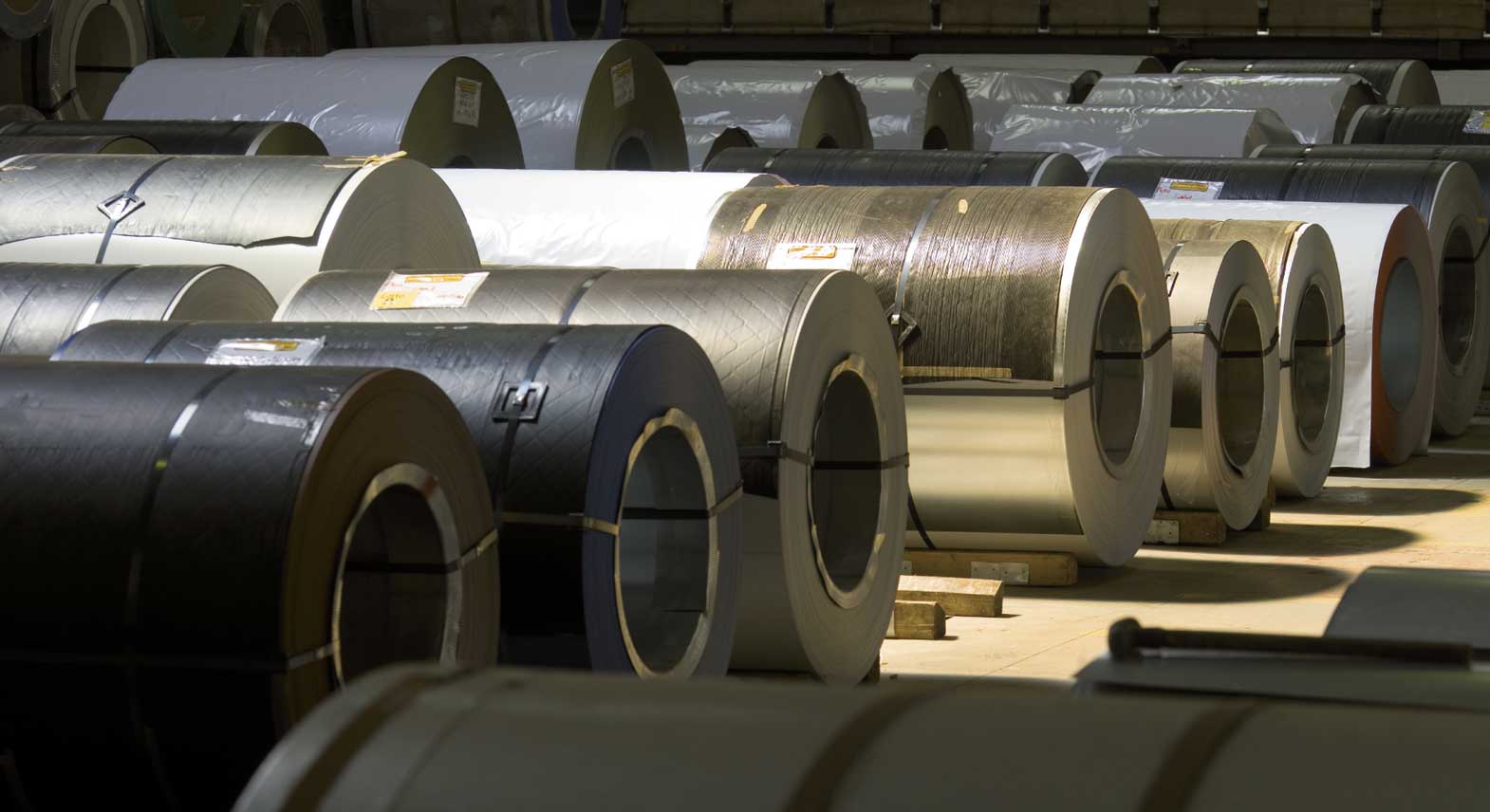European producers tried to avoid domestic hot-rolled coil price cuts on June 29 despite weak demand from both end consumers and distributors, sources said.
Platts assessed HRC in Northern Europe at Eur840/mt ex-works Ruhr, unchanged day on day, according to data from S&P Global Commodity Insights.
HRC prices targeted by the Northern European steelmakers have been reported at Eur850-880/mt ex-works. Transactions have been settled between local producers and buyers at Eur840-850/mt delivered. Deals for Italian HRC have been reported at the equivalent of Eur840-850/mt ex-works Ruhr. Achievable prices have been heard at Eur830-850/mt ex-works.
Buyers in the region have been nodding at Eur800/mt ex-works level for HRC. Such prices could only be achieved in special deals settled at Eur800-850/mt ex-works that do not reflect the market level, a mill source said.
Offers of HRC from Central European mills have been reported at Eur780-790/mt delivered Ruhr.
Weak flat steel demand across Europe were caused by a combination of high stocks of distributors, logistics problems in ports, and lower steel demand from end consumers, including the automotive segment.
Negative trends settled in the European market have also continued to buyers’ decisions to avoid purchases, as they believe that prices could drop further.
HRC in Southern Europe was assessed at Eur780/mt ex-works Italy June 29, stable on tje day.
Offers and tradable values have been reported at Eur780-800/mt ex-works Italy.
As a result, European mills have been avoiding discussing prices unless they were sure that the negotiations would end up with a deal, and they also tried to maintain prices stable, as offer cuts failed to stimulate buyers’ interest in the past. Demand, however, might pick up in mid-July when distributors will start restocking for September, a producer said.
“There is no point for mills to cut prices now, that would not make buyers to make deals,” the producer said. “Prices are not the issue now, demand is. And the truth is that the end users are inactive, and they do not consume much; and distributors have a lot of material in stocks.”
As a result, transactions remained scarce in the European HRC market, and market participants have been struggling to determine actual market price due to low number of deals.
“There are almost no transactions in the market, so very difficult to tell if any of the sporadic deals done for very specific coil to restock is an actual market representation,” a trader said. “Mills try not to actively offer, as that only results in higher number of bids, price discussions and price decline without any volumes traded.”
Adding uncertainty in the market, some steelmakers were reported adding clauses in their contracts that would allow them to either increase coil prices retroactively or to cancel orders in case of natural gas supply disruption from Russia.
Import offers of HRC in Northern Europe have been reported at Eur740/mt CFR Antwerp. Additionally, Turkish material has been available to Southern European buyers at Eur700/mt CFR Italian ports, including anti-dumping duties. Despite competitive price interest overseas, coil has been limited due to long lead times compared to the domestic mills and due to risks related to safeguard measures and problems in the EU ports.
— Maria Tanatar, Benjamin Steven






